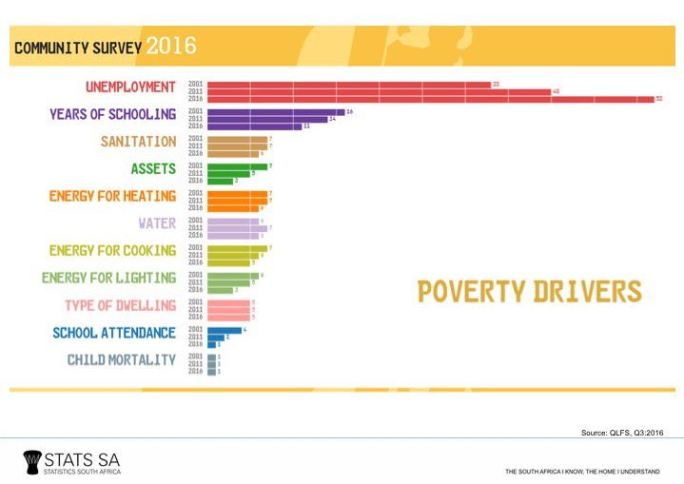The first thing I do in the morning is to check my messages using my phone, I make coffee in the morning using an electronic appliance. I use my laptop to look at my appointments for the day. I hitch a ride to my lectures from a friend. I use an elevator to get to class. There’s no denying that technology rules a huge part of my life and of many people’s lives, after all, we live in a digital age.
However, I’m also not blind to the negatives that come with new developments in technology. As a person who comes from an impoverished background and who has seen a multitude of people get retrenched because of technological advancements in the workplace. There’s no denying that technology is shaping the labour market, and it’s affecting the workforce.
Wassily Leontif’s book The Future Impact of Automation on Workers explains that with the computer revolution and advancement in technology many jobs have been created. However, the revolution has also debilitated a great number of jobs`and it is also responsible for replacing workers with machines.
As Asian wages rise, production line chiefs are as of now searching for chances to replace employees with robots, especially in places such as China. As the advent of cheap smartphones fuels a boom in Internet access, online purchases will eliminate a vast number of retail jobs. It is estimated that around the world, technological change could without much of a stretch prompt the loss of 5-10 million jobs every year.
Side effects of technological changes
• The two most notable changes brought about by rapid technological advancement include:
• It can increase the rate and the average duration of unemployment. Because firms may not consider it cost- effective to retrain some types of workers , notably the less- educated and older employees, these workers may be jobless for long periods of time, with some of them perhaps never working again.
• If technological change causes workers to become unemployed more often and for longer periods of time, not only will the level of unemployment increase, but the “natural rate of unemployment,” the hypothesized minimum sustainable rate of unemployment, will increase as well.
Okay, we’ve established that as much as technology has contributed to the economy and to the social scene, it has also affected employees negatively but this is not necessarily new. I admit, it’s not but what I want to highlight is that I foresee adaptability as a crucial skill in this digital age. Imagine spending years learning how to master a certain device only for it to be replaced by another more advanced device. All that work goes down the drain, now there are two choices – adapt or quit. I guarantee you the latter might be easier but it’s equally detrimental. The workplace is seeking technologically capable individuals who are also open to adapting.


